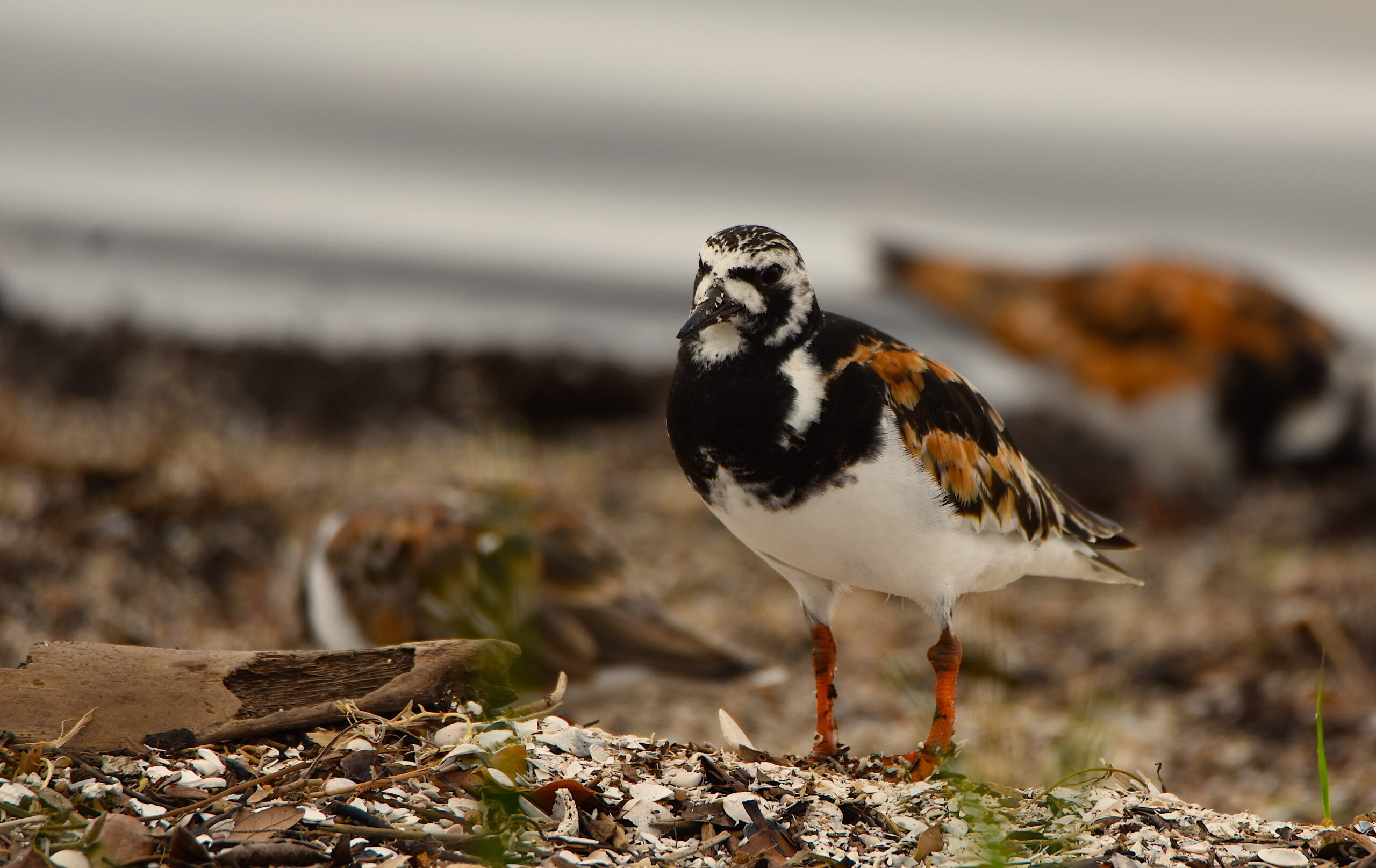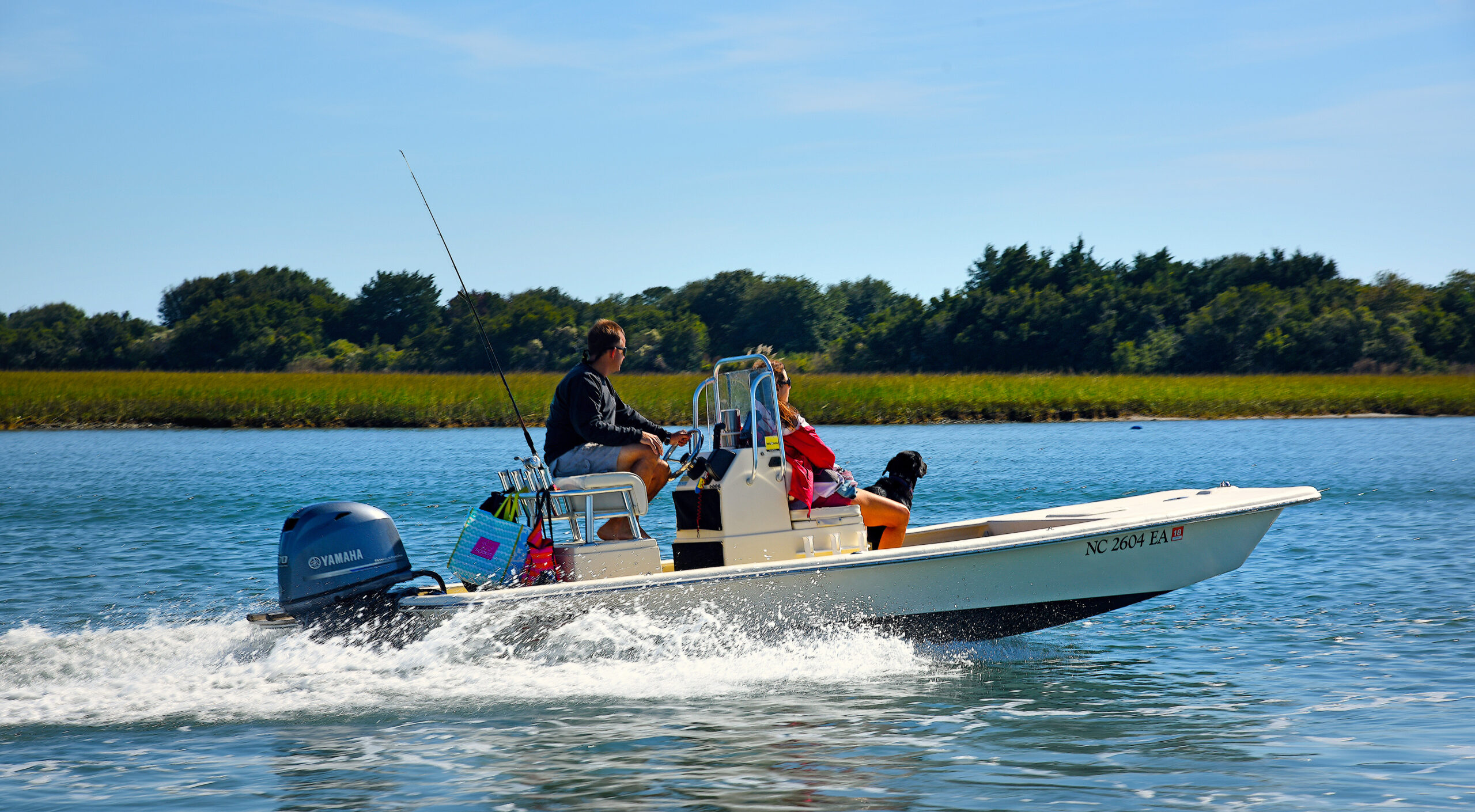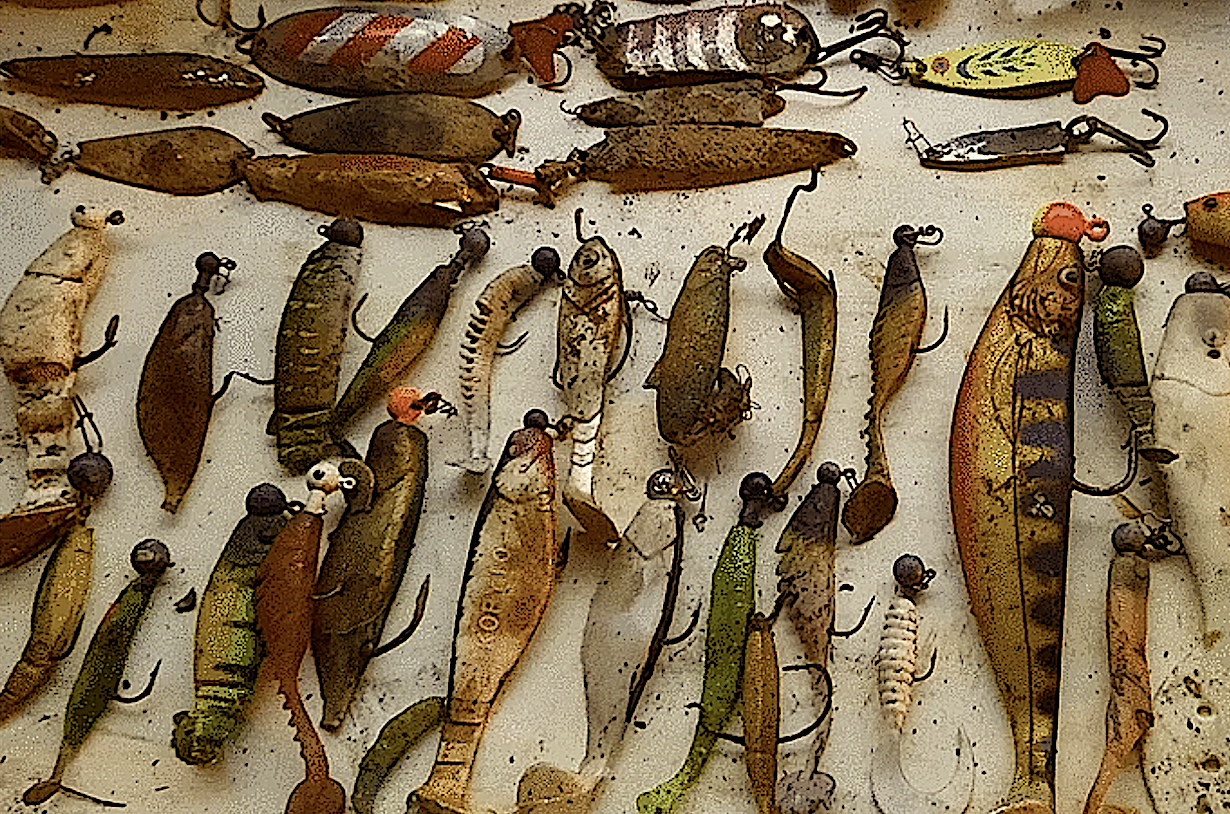How Do Restored Oyster Reefs Stack Up Against Live Oyster Reefs?

A new study shows additional benefits from oyster reef restoration — after only six months.
North Carolina’s Division of Marine Fisheries has opened the season for hand harvest of oysters in Internal Coastal Waters until March 31. Any angler who has spent time in the estuaries of North Carolina has seen bags of oyster shells and layers of repaired oyster reefs. As you’ve steered your vessel around restored reefs, have you ever wondered whether they actually function like natural reefs?
In particular, can restored reefs effectively support wildlife, too?
Research Need
In central Florida, oyster reef restoration projects have been in place for over 14 years. While researchers have shown that restored reefs can successfully produce oysters similar in size and density to natural reefs, there has been little study of the impact of restored reefs on bird populations. Many birds use oyster reefs for foraging and resting, and scientists wanted to know if restored reefs could support bird populations in similar ways.
What did they study?
On Mosquito Lagoon along the east coast of central Florida, scientists focused on “benthic” (bottom-dwelling) invertebrates, which serve as an important food source for many birds at the coast.
The staff collected sediment samples from live, restored, and dead oyster reefs, and then counted and sorted the benthic invertebrates. They also recorded monthly observations of birds at the reefs.
What did they find?
The most abundant benthic invertebrate in all reef types was “polychaete” (segmented) worms. Within six months after restoration, the composition of all types of invertebrates in the restored reef sediments became more similar to the live reefs and less similar to dead reef sediments.
In addition, the research team observed over 1500 birds from 36 unique species, with white ibis the most common on live reefs and ruddy turnstone (above) the most common on restored reefs. On dead reefs, the most common species was royal tern.
What else did they find?
Restored reefs had the smallest overall surface area of the three reef types. Dead reefs had the highest average number of birds per square foot and the highest average number of birds per square foot that were resting.
However, with regard to the numbers of foraging birds per square foot, all three reef types were similar.
Anything else?
When evaluating the effects of oyster reef restoration, scientists initially focused on oysters and the physical characteristics of reefs. Scientists are now moving toward monitoring the broader ecosystem of restored reefs as a habitat for other species. By doing so in this study, they found that restored oyster reefs become more similar to live reefs over time.
Reading
Jessica Copertino, Katherine Harris, Lyndsey Chute, and Linda Walters. 2022. Impact of Oyster (Crassostrea virginica) Reef Restoration on Benthic Invertebrates and Coastal Birds in a Subtropic Estuary. Sustainability (2022) 14(4), 2371. DOI https://doi.org/10.3390/su14042371.
By Christine Ryan, the recipient of the inaugural Hook, Line & Science Communication Fellowship.
Lead photo: A ruddy turnstone on the shore of the Mosquito Lagoon, Florida. Credit: Kate Perez/CC-BY-SA 4.0.
The text from Hook, Line & Science is available to reprint and republish, but only in its entirety and with this attribution: Hook, Line & Science, courtesy of Scott Baker and Sara Mirabilio, North Carolina Sea Grant. HookLineScience.com.
- Categories:



